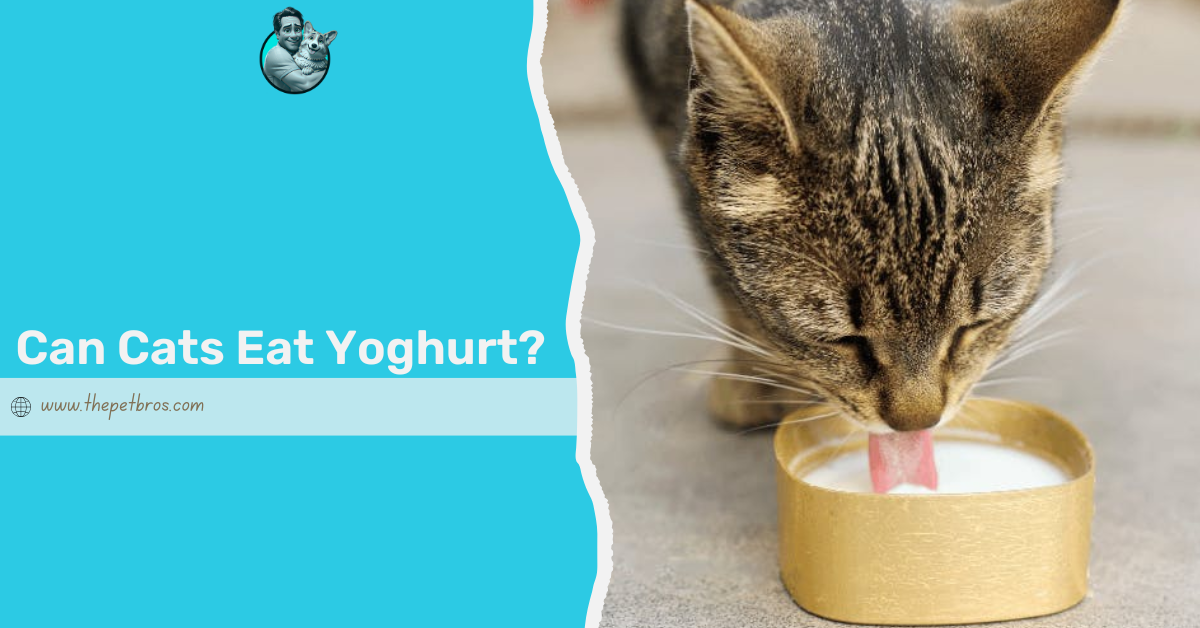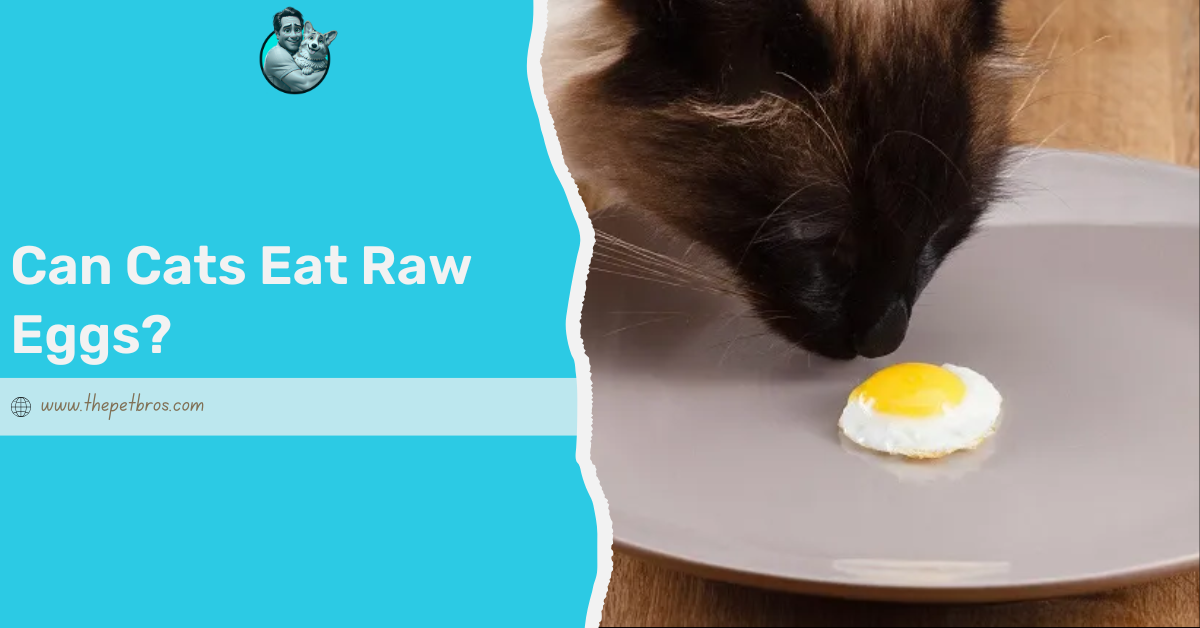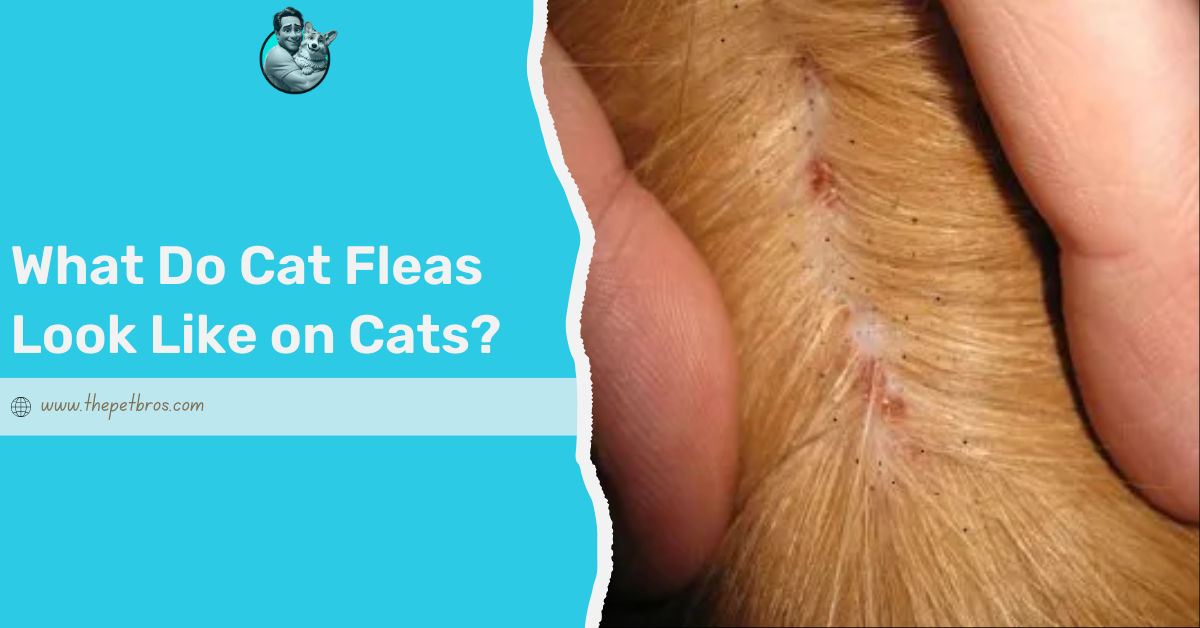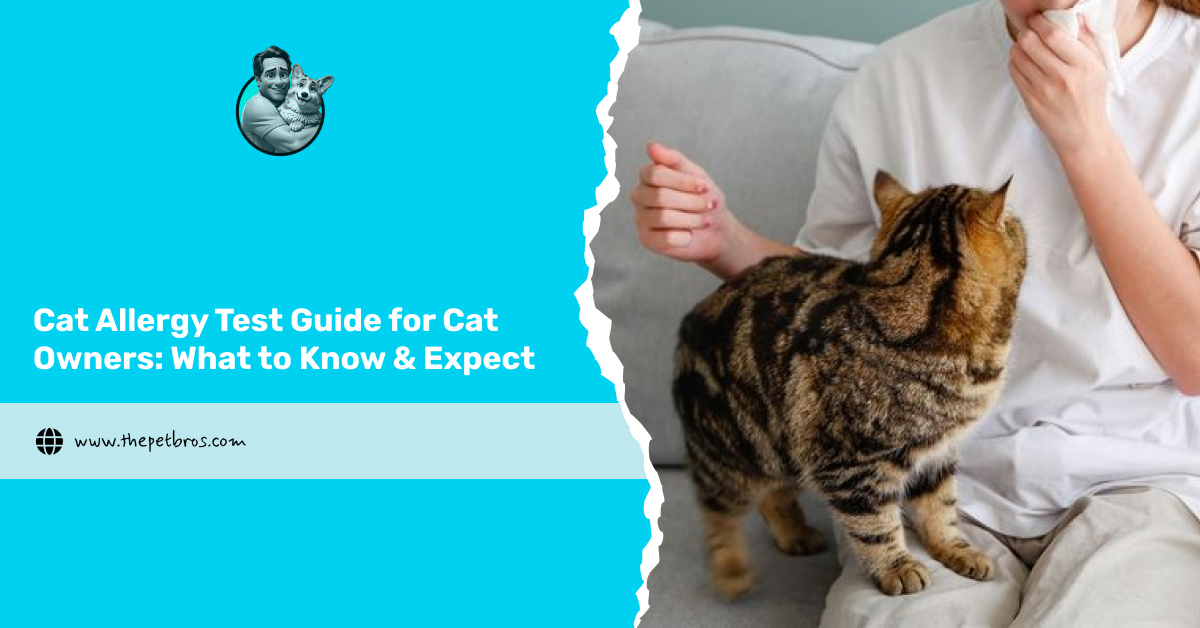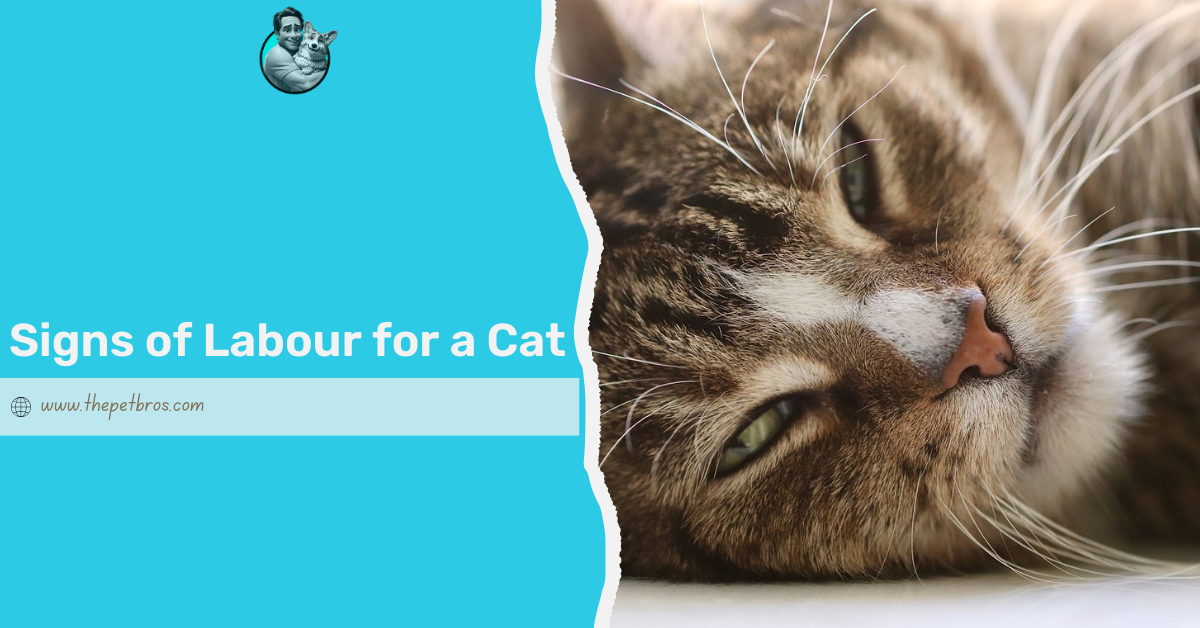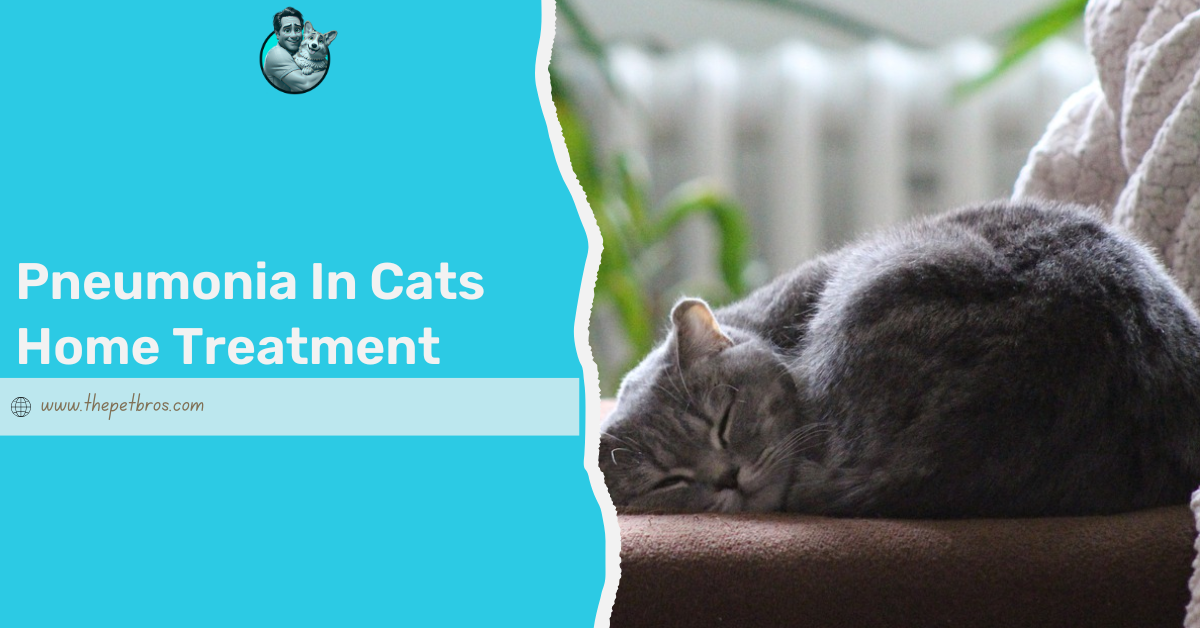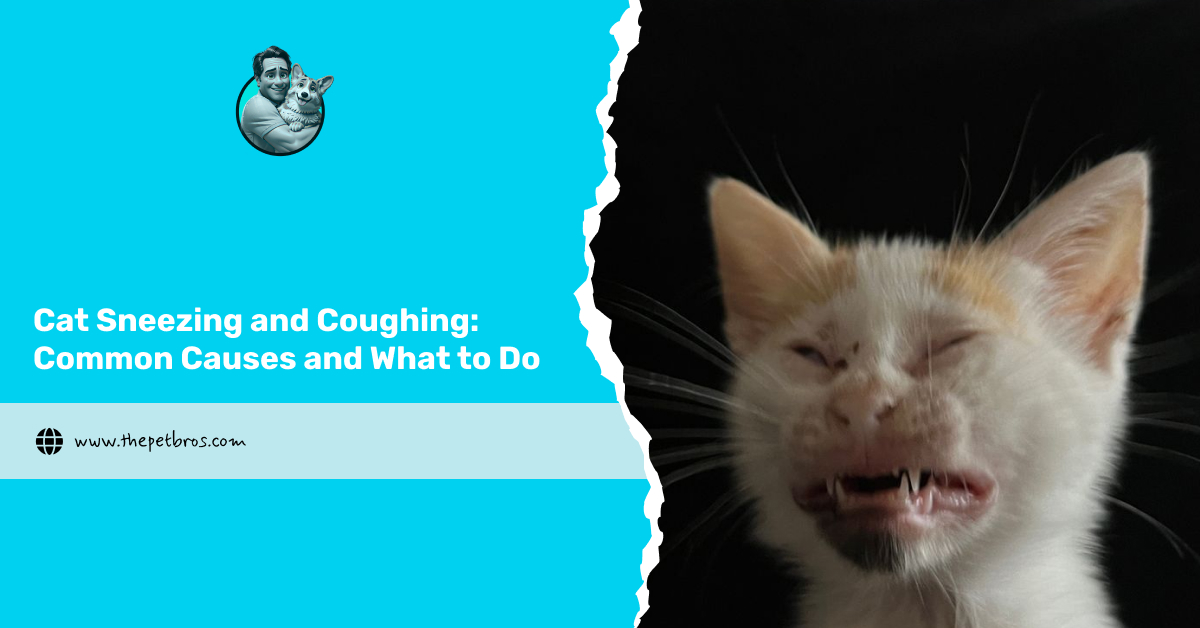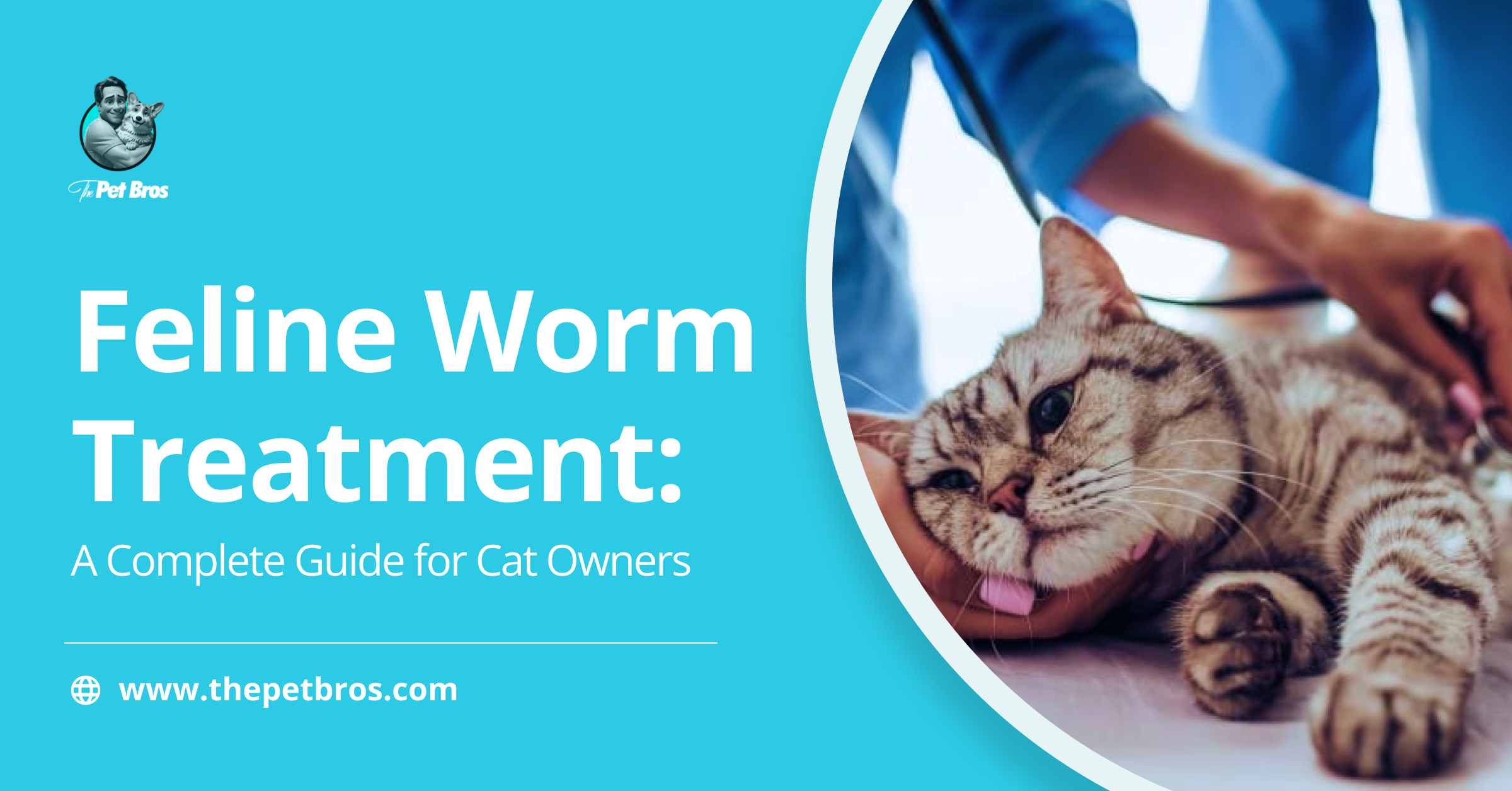Many owners wonder, “Can cats eat yoghurt?” the moment their cats trot over to investigate the yoghurt tub. Cats love to be involved in whatever we’re eating, and yoghurt is no exception. With more than 80 per cent of households eating yoghurt regularly, it’s completely normal for your cat to try and sneak a quick lick when the lid comes off.
Because cats explore human food all the time, it’s important to know which human foods are safe and which ones can upset their stomach. Yoghurt is often easy for cats to digest, which is why some felines tolerate a small amount without any issues.
Still, just because cats can have yoghurt in some situations does not make it a necessary or everyday treat. This article explains when yoghurt is safe, which types work best, and how to offer it without upsetting your cat’s tummy.
Can Eats Eat Yoghurt Every Day?
Cats may act excited when they see yoghurt, flicking their tails and stretching their noses towards the cup. But even with that curiosity, cats should not eat yoghurt every day.
Cats can eat yoghurt only if it is plain and unsweetened, and even then, it should be treated like a once-in-a-while snack. The live bacteria inside yoghurt help break down the lactose, making it easier on their stomach than milk. However, this does not mean yoghurt is gentle enough to be part of their daily routine. Too much dairy can irritate a cat’s digestive system, especially if they are sensitive or allergic to lactose. Over time, daily yoghurt could lead to bloating, loose stools, or discomfort.
Yoghurt also doesn’t offer anything your cat cannot get from their regular food. Their complete diet already contains the protein, vitamins, and minerals they need to stay healthy. So while the occasional teaspoon is fine, yoghurt should remain in the “treat” category, not the “everyday” one.
What Are The Nutritional Benefits of Feeding Cats Yoghurt?
If you’ve ever opened a yoghurt tub and watched your cat trot over as if you personally invited them, you already know that yoghurt is often more about attention than hunger. Many cats hover, stare, or nudge your hand simply because they’re curious about what you’re eating, not because they genuinely need yoghurt in their diet.
That said, yoghurt offers a few gentle nutritional perks when given in small amounts. It contains a little extra protein, which can be a nice boost for cats that enjoy the taste and texture.
Yoghurt also includes natural probiotics, the friendly bacteria that help support gut balance. This can make digestion a little smoother, though dedicated cat probiotics remain a much more reliable option. Finally, Yoghurt also contains water, which adds a touch of moisture to a treat.
When Is Yoghurt Harmful To Cats
There are moments when yoghurt can cause more trouble than it’s worth. Many adult cats are naturally lactose intolerant, so even though yoghurt contains less lactose than milk, some cats still react badly. If your cat starts showing signs like vomiting, bloating, gas, or diarrhoea after trying yoghurt, it’s a clear sign their tummy isn’t agreeing with it.
The biggest danger comes from the wrong type of yoghurt. Flavoured yoghurts, especially fruit, vanilla, or dessert-style ones, often contain added sugar, which cats simply cannot process. Some also contain artificial sweeteners, and one in particular, xylitol, is highly toxic to cats. This is the same reason cats should avoid other sweet human foods like pastries, flavoured milk drinks, and anything containing chocolate or raisins.
Even plain yoghurt can cause issues for cats with sensitive stomachs. Too much dairy can lead to weight gain as well, especially since even a small spoonful counts as a big treat for a cat’s daily calorie needs. If you notice any discomfort after feeding yoghurt, it’s best to skip it altogether and choose a treat made specifically for cats.
How To Safely Feed Your Cat Yoghurt
If your cat seems curious about yoghurt, you can offer a tiny amount, but only if it’s done safely. Here’s the easiest way to keep things cat-friendly:
1. Choose the right type: Pick plain, unsweetened Greek yoghurt. It has fewer additives and less lactose, making it gentler on your cat’s stomach.
2. Avoid dangerous flavours: Skip fruit yoghurts, vanilla yoghurts, and anything labelled “light” or “low-calorie”. These often contain sweeteners like xylitol, which is toxic to cats.
3. Start with a tiny serving: Offer no more than one teaspoon. This is enough for a taste without overwhelming their stomach.
4. Follow the 10 per cent treat rule: Make sure yoghurt stays within the small treat portion of your cat’s daily calories. Too much can lead to weight gain.
5. Monitor for tummy troubles: Watch for vomiting, diarrhoea, bloating, or unusual behaviour. If anything seems off, avoid yoghurt in the future.
6. Never share directly from your cup: Letting your cat lick your yoghurt tub can lead to overeating and confuse them into thinking all human food is fair game.
7. Do not give yoghurt to kittens: Kittens have delicate stomachs and developing immune systems. Stick to kitten-appropriate food only.
Alternatives to Yoghurt for Cats
If your cat enjoys a little treat but yoghurt isn’t the best choice for them, there are plenty of safer options that fit more naturally into a feline diet. Small pieces of plain cooked chicken are often a favourite, offering a lean, high-protein snack that’s easy to digest. Boiled eggs can also be a gentle, nutritious option when prepared without butter, milk, or seasoning. For cats with sensitive tummies, a tiny amount of plain cooked rice can help settle their stomach, although it should only be given occasionally.
Some cats also tolerate a little lean cooked pork, provided it’s unseasoned, fully cooked, and trimmed of excess fat. If you were considering yoghurt for its probiotic benefits, it’s worth looking at cat-specific probiotic treats or supplements, which support gut health without the risk of dairy. You can also explore commercial cat treats made from real meat, as these are designed with feline digestion and nutrition in mind and are usually much safer than sharing human food.
Conclusion
So, can cats eat yoghurt safely? Yes, but only in tiny amounts and only if it’s plain and unsweetened. While yoghurt can offer a light protein boost and a few helpful probiotics, it is never essential to a cat’s diet and shouldn’t become a regular treat. Always start slow, and watch for any signs of tummy trouble. Your cat’s leading nutrition should still come from balanced, species-appropriate food designed just for them.
Can Cats Eat Yoghurt FAQs
How much yoghurt can I give my cat?
No more than one teaspoon, offered occasionally.
Can cats eat strawberry yoghurt?
No, because it contains added sugars and potentially harmful ingredients.
Can cats eat yoghurt with fruit?
No, fruit yoghurts contain extra sugar and sometimes toxic ingredients.






